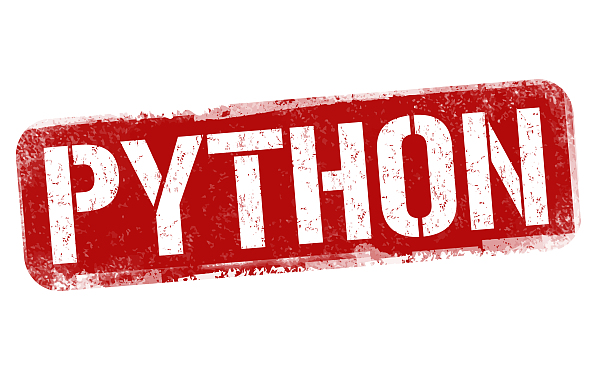I've just encountered this issue, and couldn't find a reasonable answer for it on the front page of Google. It's similar to this question asked in 2011, but for a newer version of Python, which results in a different error message.
What is causing these TypeErrors?
Integers
import datetime
my_date = datetime.datetime.date(2021, 3, 2)
Results in the error:
TypeError: descriptor 'date' for 'datetime.datetime' objects doesn't apply to a 'int' object
Strings
Similarly, replacing the integers with strings also gives the same error:
import datetime
my_date = datetime.datetime.date("2021", "3", "2")
Gives:
TypeError: descriptor 'date' for 'datetime.datetime' objects doesn't apply to a 'str' object
Lists
And using a list gives the same error:
import datetime
my_date = datetime.datetime.date([2021, 3, 2])
Results in:
TypeError: descriptor 'date' for 'datetime.datetime' objects doesn't apply to a 'list' object
Similarly, using from datetime import datetime and datetime.date will result in the following error messages respectively:
TypeError: descriptor 'date' for 'datetime' objects doesn't apply to a 'int' object
TypeError: descriptor 'date' for 'datetime' objects doesn't apply to a 'str' object
TypeError: descriptor 'date' for 'datetime' objects doesn't apply to a 'list' object






 已为社区贡献126445条内容
已为社区贡献126445条内容

所有评论(0)